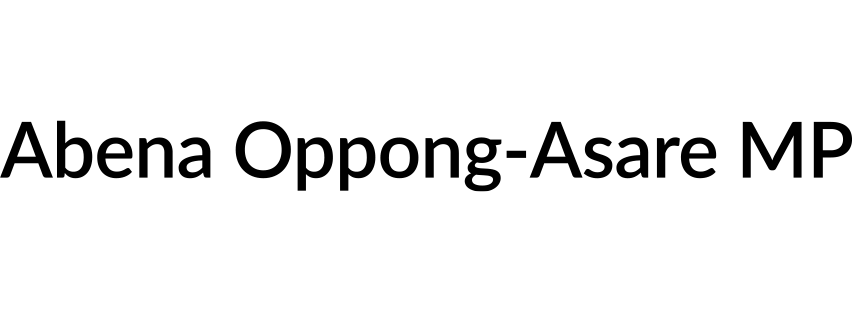New Campaigning Summer School to Empower Young People
I’m delighted to announce that applications are open for my new online Campaigning Summer School which will be taking place this August.
At this jam-packed 3-day summer school, young people aged between 16 and 21 will have the opportunity to gain the skills needed to make a real difference in our community.
This won’t be a series of dry lectures: it’ll be a hands-on, first-hand insight into the exciting world of political and social campaigning – bringing together the expertise of veteran political activists and partner organisations.
I know from my own experience that whether you’re dealing with environmental issues, crime, or education, effective campaigning is the key to influencing and challenging those in power. So, I am determined to do all I can to empower our young people to be the change they want to see in the world.
Over the course of 3 days, attendees will design their very own local campaigns. What’s more – I will personally help action the best ideas into real campaigns to benefit our residents.
For attendees, this will be a unique opportunity to see their ideas turned into action and to learn how they can make their voice heard in our democracy.
The school itself will be held online from Monday 16th August to Wednesday 18th August.
If you’re interested, then please don’t hesitate to apply, and do share this with anyone who you think might benefit from this programme.
To apply just fill in the sign-up form here before Saturday 7th August. Applications are welcomed from anyone aged between 16 and 21, though priority will be given to those who live or go to school in the constituency of Erith and Thamesmead.



